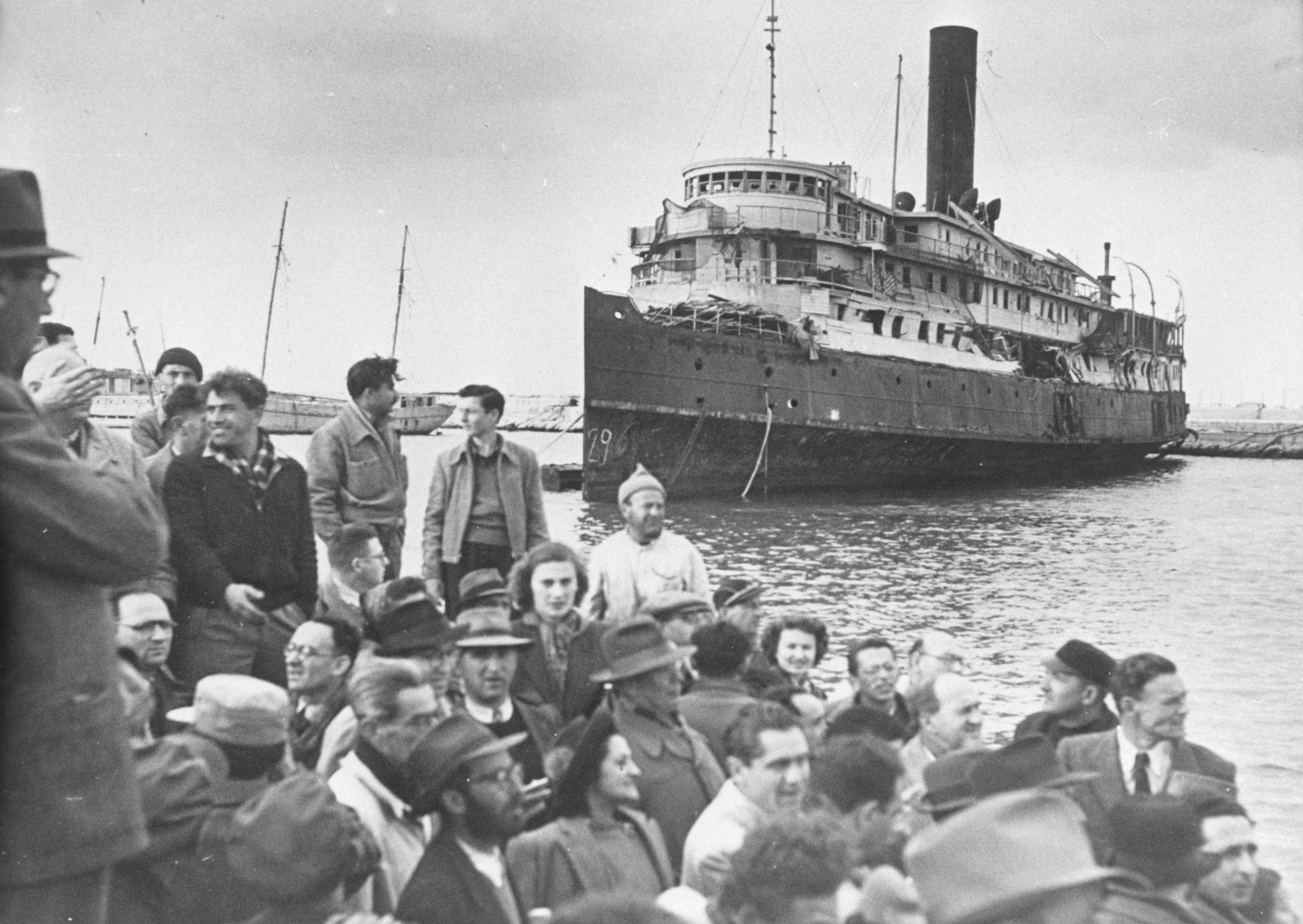Blog
“Israel's Immigration Laws”
Categories: Meditations

For several years, one of the hot-button issues in American politics has been the subject of immigration. Such things aren’t really the concern of me or my blog. However, through the years, I’ve seen a lot of Scriptures quoted out of context in memes from both sides, and that is my concern. I don’t have any answers for what the United States should do in 2019, but I think it’s worthwhile to consider what God says on the subject and use it as a starting point for our own views.
First of all, immigration simply isn’t a New-Testament topic. The law of Christ is concerned with the Christian’s relationship with the government, but it has nothing to say about how governments should conduct themselves. Christ’s kingdom is not of this world.
However, the same is not true of the Old Testament. The law of Moses is no longer in force, but unlike the law of Christ, it does have to do with the proper conduct of a government. This legal code does not bind us today, but it does give us some insight into how God might look at a particular legal topic. Indeed, there are many passages in the Pentateuch that discuss the treatment of what the ESV calls “sojourners”:
- The law had no rules restricting the movement of sojourners into Israel. Of course, this may be because a Bronze Age confederation/kingdom had no means of enforcing border security, but it’s worth noting. Sojourners did not automatically become Israelites by entering the land, but they were free to enter.
- Sojourners were to be treated lovingly (Deuteronomy 10:19) and justly (Deuteronomy 20:17).
- They had the same rights and the same obligations under the law as native Israelites (Leviticus 24:22; Numbers 15:15-16).
- They were expected to follow many of the religious requirements of the Law (Exodus 12:19, 20:10; Leviticus 17:15; Deuteronomy 5:14). They were also free to participate in some other rituals if they chose (e.g. Leviticus 22:18).
- They were to be provided for by the natives, but only to the extent that they were willing to work. A wheatfield owner had to leave the corners of his field unreaped and the whole ungleaned (Leviticus 23:22), nor could he return to retrieve a sheaf he had forgotten (Deuteronomy 24:19). Olive grove and vineyard owners couldn’t go back over the trees/vines after they had done so once (Deuteronomy 24:20-21).
- In all cases, this was for the benefit of the widow, the fatherless, and the sojourner. None of the poor could expect their meals to be delivered to their doors if they sat at home, but they could get food for themselves if they were willing to go out and harvest it.
- These provisions existed because God loved the sojourner, just as God loved the widow, the fatherless, and all other weak, vulnerable people (Deuteronomy 10:18).
Again, none of these things determine for us how the United States should handle those who want to immigrate to it. However, if we want to use the word of God to develop and defend our positions (whatever they might be), appreciating the whole counsel of God can only help.





